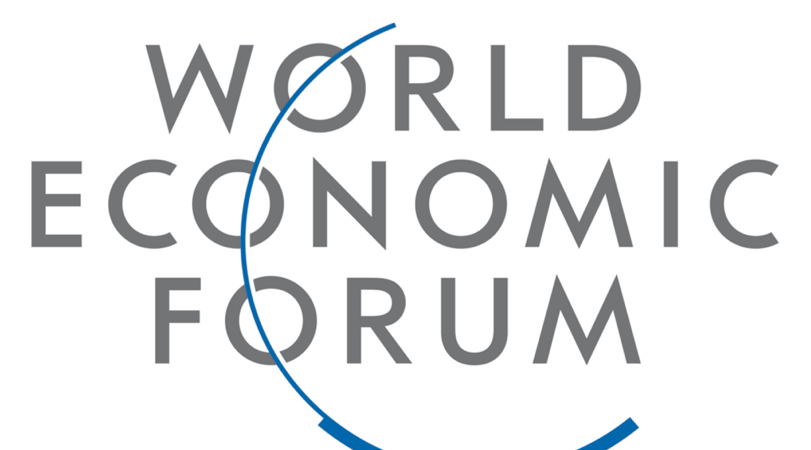- COVID-19 accelerated the rise of digital payments, increasing financial inclusion but also raising risks.
- A group of leaders from the public and private sector outline seven ways to combat these risks.
- These recommendations are the result of good practices from governments, humanitarian organizations and others implementing large-scale transfers during COVID-19.
COVID-19 has accelerated the digitization of the economy. As the need for social distancing grew, digital payments, which used to be nice-to-have, transformed into a daily necessity in many countries. Governments around the world introduced or expanded digital financial transfers in response to the severe damage inflicted by the COVID-19 crisis on economies and livelihoods.
Government support can help encourage the adoption of digital payments and promote financial inclusion, providing access to financial services to those who have been excluded due to low connectivity, limited access to handsets and identifications, and low literacy. For example, the World Economic Forum’s Trade Facilitation 2.0 Project in Papua New Guinea is working to advance digital payments in the country to encourage digital foreign direct investment.
To read the full article, please click here

